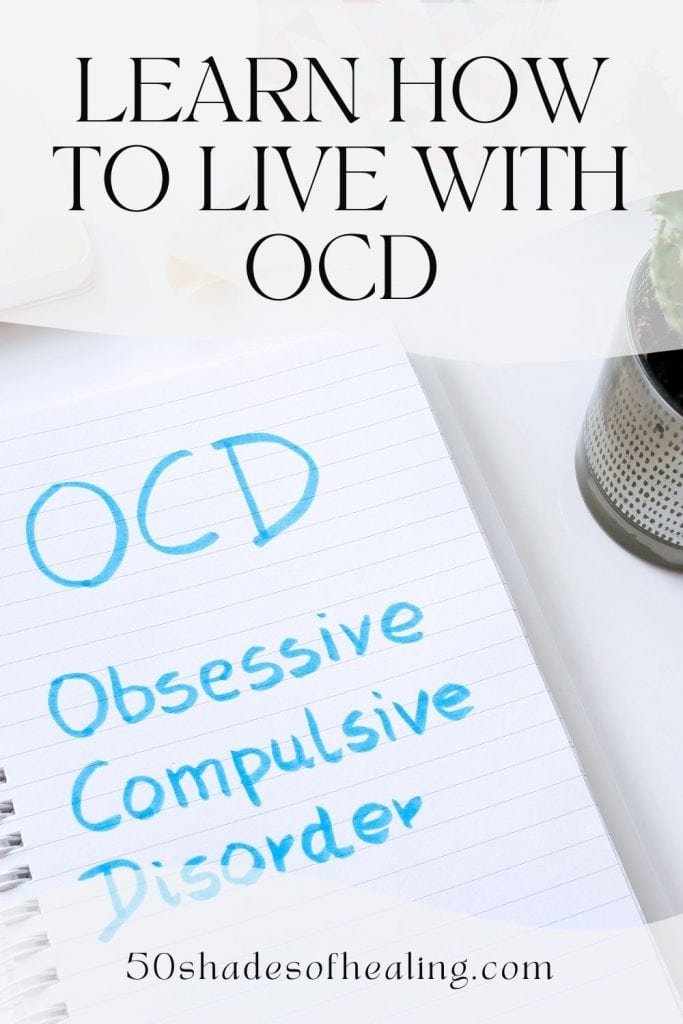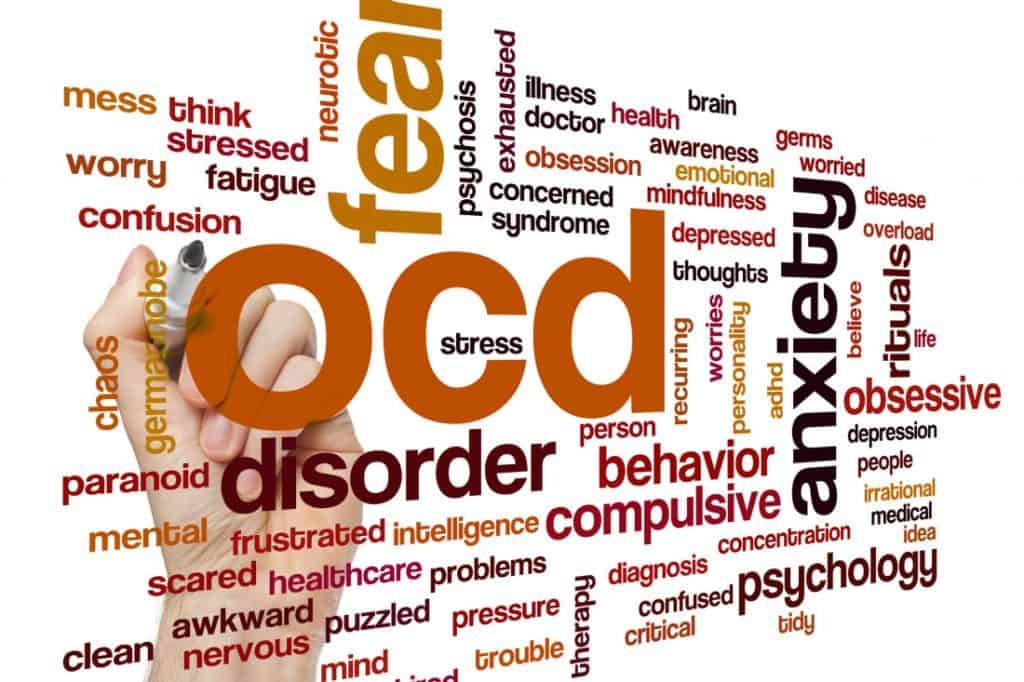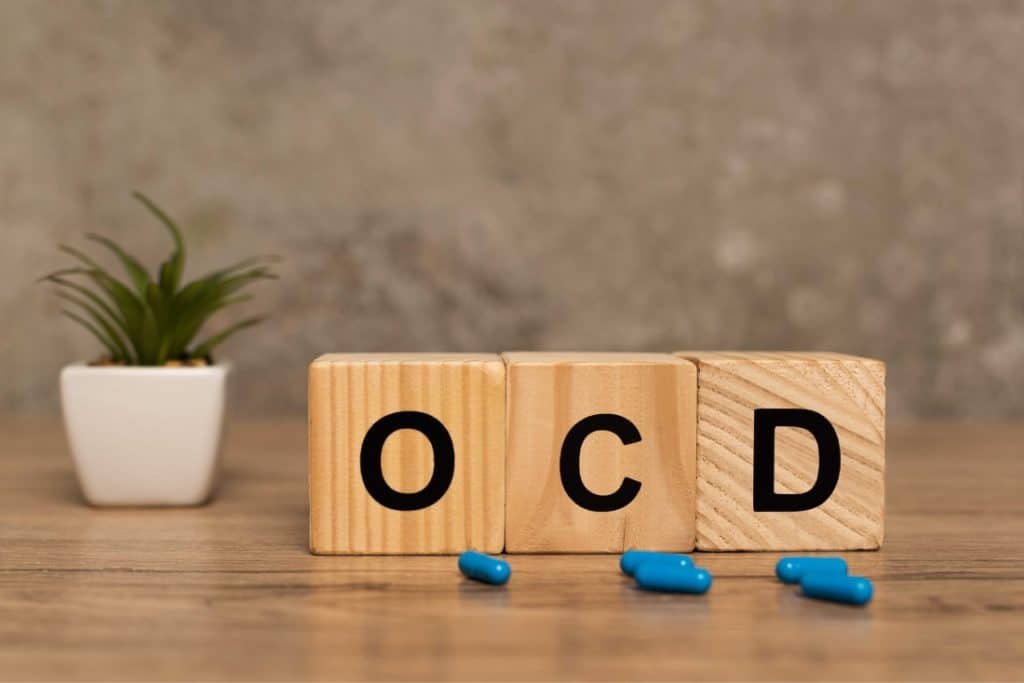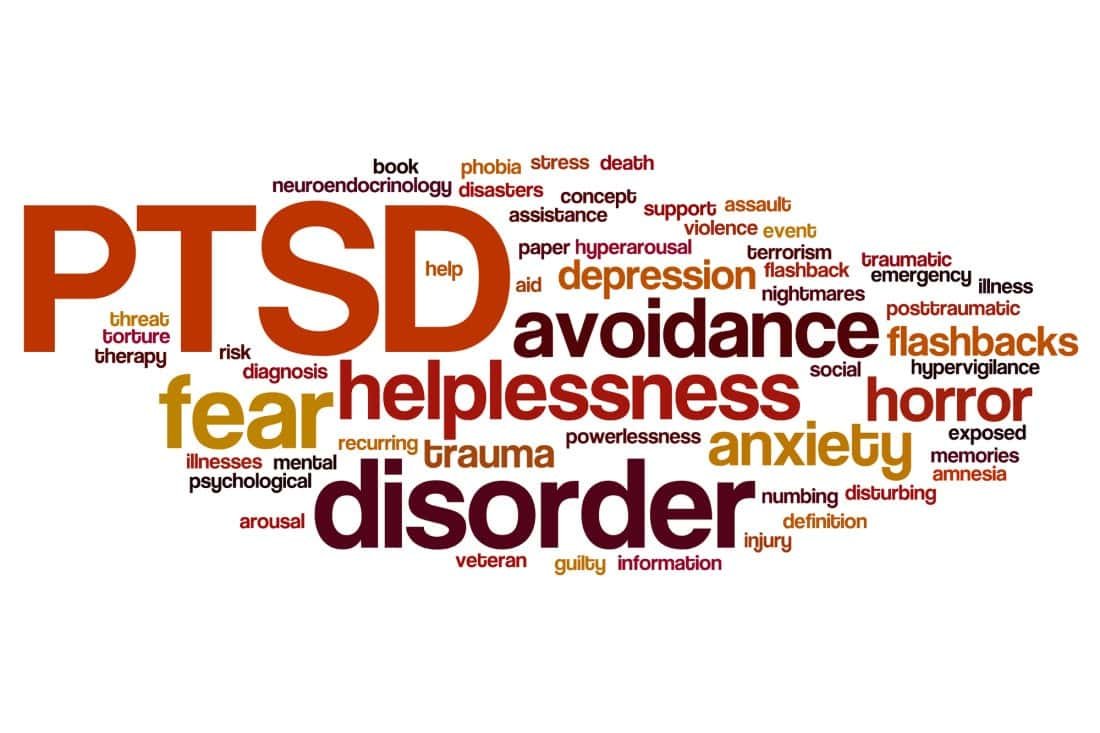Learn How to Live with OCD
Living with OCD can be tough, but there are ways to cope. Here are some tips on how to live with OCD and make the most of your life.
Obsessive-Compulsive Disorder or OCD is an anxiety disorder that affects a lot of people globally. A person with OCD suffers from obsessive thoughts and compulsive behavior that usually affects all aspects of his life.

This complex mental illness injects recurring negative and unwanted thoughts, which they do not have control of, and uninhibited compulsions that are impossible to resist. It’s quite difficult to imagine how to live with this kind of life, and yet people with OCD can do it.
If you were recently diagnosed with OCD or know somebody with this anxiety disorder, here are some tips on how to live with OCD.
Brief Introduction to OCD

OCD is an anxiety disorder that is composed of obsessions and compulsions. Obsessions are unwanted thoughts, images, worries, fears, and doubts that recur repeatedly.
These thoughts make a person anxious and uncomfortable. While compulsions are the repetitive actions or activities that you do to reduce the anxiety brought about by the recurring obsessions.
There are many forms of OCD. The common forms include:
- Checking – there is an obsessive fear to prevent damage, harm, or fire to loved ones. The compulsions include repeated checking of door locks, windows, gas stove knobs, Water taps, Electrical appliances, light switch, Illness, and conditions, Re-reading text, and other Valuable items like the wallet, purse, or phone.
- Contamination / Mental Contamination – the fear of being dirty or contaminated comes with the compulsions to avoid public toilets, chemicals, handshaking, doorknobs, hospitals, public telephone, staircase banisters, crowds, money, and other public places. The person with this form of OCD will be seen frequently washing his hands, cleaning his house, and pouring alcohol or hand sanitizers—all done multiple times in a day.
- Symmetry and order – there is an obsession with symmetry and orderliness to prevent discomfort or harm. There is an obsession with neatness and unblemished things in the house and can spend most of his time arranging, fixing, and cleaning. People with this form of OCD are often extremely late for work or appointments.
- Ruminations / Intrusive Thoughts – these include a train of thinking about unproductive and undirected obsessions. They are usually questions about religion, philosophy, and other metaphysical topics.

Sometimes, these obsessions and compulsions are manageable, however, this becomes a cycle to a point that it disrupts your daily activities and relationships. People with OCD often feel left out, isolated, and lonely since they are ashamed of their behavior.
Other times, they don’t want to go out just to avoid situations that may trigger their OCD. But mostly, they always feel anxious.
These recurring and irrational obsessions bring anxiousness to the person, hindering normal human function daily.
Risk Factors for OCD
OCD is more common in women than men. They usually occur during early teens or young adults. Here are some risk factors for OCD:
- An immediate family member with OCD
- Anatomical anomalies in the brain
- Other mental health disorders such as body dysmorphic disorder, compulsive skin picking, trichotillomania (hair-pulling), hoarding, and obsessive-compulsive personality disorder (OCPD)
- Childhood trauma
- Abuse during childhood (mainly physical or sexual abuse)
OCD Diagnosis and Treatment

There is no cure for OCD. A combination of therapy and medications can help manage the symptoms.
- Psychotherapy – this involves cognitive behavioral therapy that can change your thinking patterns. The therapist puts you in a situation that will trigger your compulsions, and you will learn to control and lessen them through therapy.
- Medications like selective serotonin reuptake inhibitors (SSRIs) are commonly given for anxiety disorders and depression. This drug slows down the reabsorption of a brain chemical that regulates mood and anxiety. This is usually given in conjunction with cognitive-behavioral therapy.
- Brain devices – there is a device that can be implanted in the brain for severe cases wherein medications and psychotherapy do not work.
Tips for Living Better with OCD
So, what is it like living with OCD? There is a stigma that comes with having mental disorders, coupled with the misconception they have about OCD.
This stigma has caused people to feel isolated and lonely. This has also made opening up and talking about OCD difficult.
Living with OCD is like living with any other chronic illness. It requires courage to take the first step to acknowledge that you have a health problem, going in for diagnosis and treatment, and lastly, finding support from family and friends.

Here are some tips on how to live with OCD:
Coping Strategies
With OCD, you learn how to cope with life. These coping skills or strategies will help you get the most out of your life, despite the limitations and restrictions this mental disorder has.
With good coping skills, you can lead a normal life.
Here are a few coping skills that can help you achieve that:
Learn to cope with stress. OCD and stress often go hand in hand.
You can effectively cope with stress and OCD by having a self-care routine.
Getting enough sleep, eating well, exercising, meditation or yoga, and sticking to your treatment plan can greatly reduce stress.
Manage your anxiety
A journal can help you do this. Journaling is a way to focus your thoughts on the important things in your life.
When you are anxious, a great way to manage that is to write about it.
Try to analyze and break down this particular obsession that you have and the reason behind it.
You can help yourself by stepping back and not giving in to your compulsions when breaking it down through writing.

Practice relaxation techniques
This self-help skill can help you get your mind off things that trigger your OCD.
Deep breathing, mindfulness meditation, and progressive muscle relaxation are some of the effective self-help techniques that you can do in times of stressful situations.
Get moving. Exercise. Run. Dance. Do aerobics
There is evidence that shows that exercising and running can reduce the severity of OCD symptoms.
Practice mindfulness
Mindfulness can help you focus your attention and thoughts on other things.
It can also help you realize that your obsessions are nothing but thoughts, and are nothing to fear in itself.
Reduce your stress
Stress is a common factor for all mental disorders. Stress often triggers OCD symptoms. By reducing the triggering factors, the OCD symptoms are significantly reduced.
Finding the right support system

This support system can include your family, your partners, your colleagues, or a support group with the same condition.
Support groups can give you the support that you need. They tolerate all your obsessions and compulsions and will help you get through your treatment, no matter how hard it gets.
They will provide you with a safe space to open up and be yourself. Participating in group therapies is also effective in treating OCD.
With these tips, you can live with OCD and still have a happy life. Although living with obsessive-compulsive disorder may be difficult at times, it doesn’t mean that you will never experience happiness again.
If anything, the process of coping and managing your symptoms is an opportunity to learn more about yourself and grow as a person.
Reclaim your life and live better with OCD.






